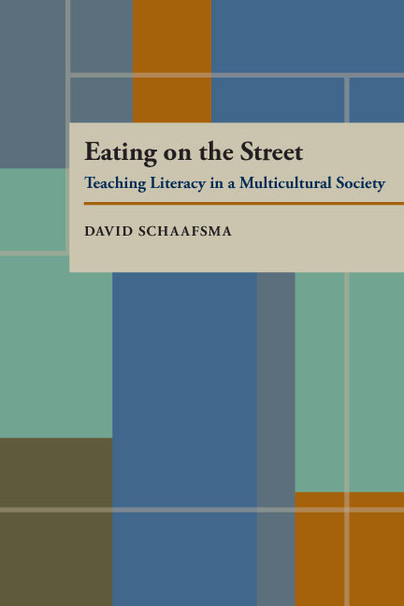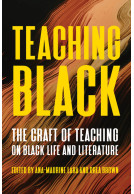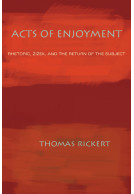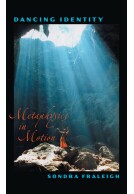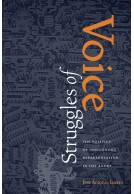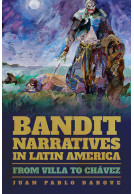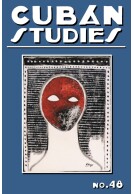Eating On The Street (Paperback)
Teaching Literacy in a Multicultural Society
Imprint: University of Pittsburgh Press
Series: Composition, Literacy, and Culture
Pages: 256
ISBN: 9780822955467
Published: 24th August 1994
Script Academic
Series: Composition, Literacy, and Culture
Pages: 256
ISBN: 9780822955467
Published: 24th August 1994
Script Academic
Please note this book may be printed for your order so despatch times may be slightly longer than usual.
You'll be £38.50 closer to your next £10.00 credit when you purchase Eating On The Street. What's this?
+£4.99 UK Delivery or free UK delivery if order is over £40
(click here for international delivery rates)
Need a currency converter? Check XE.com for live rates
(click here for international delivery rates)
Need a currency converter? Check XE.com for live rates
During a field trip in Detroit on a summer day in 1989, a group of African American fifth-, sixth-, and seventh-graders talked, laughed, and ate snacks as they walked. Later, in the teacher\u2019s lounge, Jeanetta, an African American teacher chided the teachers, black and white, for not correcting poor black students for \u201ceating on the street,\u201d something she saw as stereotypical behavior that stigmatized students.These thirty children from Detroit\u2019s Cass Corridor neighborhood were enrolled in the Dewey Center Community Writing Project. Taught by seven teachers from the University of Michigan and the Detroit public schools, the program guided students to explore, to interpret, and to write about their community.According to David Schaafsma, one of the teachers, the \u201ceating on the street\u201d controversy is emblematic of how cultural values and cultural differences affect education in American schools today. From this incident Schaafsma has written a powerful and compelling book about the struggle of teaching literacy in a racially divided society and the importance of story and storytelling in the educational process.At the core of this book is the idea of storytelling as an interactive experience for both the teller and listener. Schaafsma begins by telling his own version of the \u201ceating on the street\u201d conflict. He describes the history of the writing program and offers rich samples of the students\u2019 writing about their lives in a troubled neighborhood. After the summer program, Schaafsma interviewed all the teachers about their own version of events, their personal histories, and their work as educators. Eating on the Street presents all of these layered stories - by Schaafsma, his collegues, and the students - to illustrate how talking across multiple perspectives can enrich the learning process and the community-building process outside the classroom as well.These accounts have strong implications for multicultural education today. They will interest teachers, educational experts, administrators, and researchers. Uniting theory and practice, Eating on the Street is on the cutting edge of pioneering work in educational research.
Other titles in the series...
Other titles in University of Pittsburgh Press...







